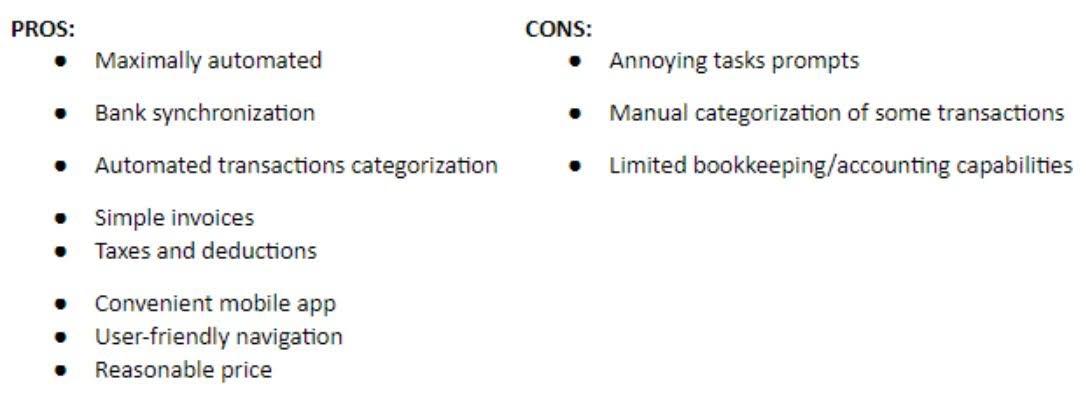What is GAAP?: Generally Accepted Accounting Principles

The term “single audit” describes certain regulatory procedural and reporting requirements that apply supplementally to a Yellow Book audit when required by federal law, but not if only by state or local legislation, contract, or client choice. The Yellow Book’s GAGAS requirements apply (along with others) under the Federal Single Audit Act whenever a governmental or nongovernmental entity expends a certain total (currently $750,000) or more of federal assistance awards in any given reporting year. The GAQC reports that 36,661 single audits, covering federal grants totaling almost $1.3 trillion, were performed by its members and nonmembers in 2018. This edition has been updated to incorporate all of the guidance of the Governmental Accounting Standards Board (GASB) through GASB Statement No. 101, as well as GFOA’s current best practices on accounting, auditing, and financial reporting. References to the GASB’s Codification of Governmental Accounting and Financial Reporting Standards (Codification) have also been updated. The GASB uses an open and independent process that encourages broad participation from all stakeholders.
What’s the Difference Between IFRS and U.S. GAAP?

For nongovernmental entities, GAAP is governed principally by FASB, and GAAS by either the AICPA’s Auditing Standards Board (ASB) or the PCAOB. Specialized accounting standards for state and local governments, however are set by GASB, while those applicable to the federal government and its agencies by the Federal Accounting Standards Advisory Board (FASAB). Along with FASB standards, all of these are considered authoritative when applicable and part of GAAP. Various governmental accounting systems are used by various public sector entities. In the United States, for instance, there are two levels of government which follow different accounting standards set forth by independent, private sector boards.
Updating the Standards for Government Auditing

The International Financial Reporting Standards (IFRS) is the most common set of principles outside the United States. IFRS is used in the European Union, Australia, Canada, Japan, India, and Singapore. These standards may be too complex for their accounting needs, and hiring personnel to create GAAP definition reports can be expensive. As a result, the FASB works with the Private Company Council to update GAAP with private company exceptions and alternatives. While non-GAAP reports may show more accurate figures for companies that experienced unusual one-time transactions, other businesses often list repeated earnings as one-time figures. Even though they appear transparent, non-GAAP figures can create confusion for investors and regulators.
When Do Government Accounting Standards Apply?
As GAAP issues or questions arise, these boards meet to discuss potential changes and additional standards. For instance, when the COVID-19 pandemic hit, the board members met to address how governments and businesses must report the financial effects https://www.bookstime.com/ of the pandemic. These 10 guidelines separate an organization’s transactions from the personal transactions of its owners, standardize currency units used in reports, and explicitly disclose the time periods covered by specific reports.
Understanding Government Accounting: A Comprehensive Overview
Starting in 1973, the board of the International Accounting Standards Committee (IASC) released a series of International Accounting Standards (IAS) to create more uniform accounting methods throughout the European Union. These figures provide an excellent example of how the inclusion of non-GAAP earnings can affect the overall representation of a company’s success. The first column indicates GAAP earnings, the middle governmental accounting definition two note non-GAAP adjustments, and the final column shows the non-GAAP totals. With non-GAAP metrics applied, the gross profit, income, and income margin increase, while the expenses decrease. The 35-member Financial Accounting Standards Advisory Council (FASAC) monitors the FASB. FASB is responsible for the Accounting Standards Codification (ASC), a centralized resource where accountants can find all current GAAP.
RELYANT Global, LLC
Small and medium-sized enterprises (SMEs) represent 99% of all businesses in the EU. The definition of an SME is important for access to finance and EU support programmes targeted specifically at these enterprises. The ISSB works closely with the body that brings together international securities regulators—IOSCO—as well as directly with jurisdictions, including through its Jurisdictional Working Group to support steps towards the use of the ISSB Standards. More than 20 jurisdictions have already decided to use or are taking steps to introduce ISSB Standards in their legal or regulatory frameworks. Together, these jurisdictions account for nearly 55% of global gross domestic product (GDP) and more than 40% of global market capitalisation. You will find articles that provide comprehensive knowledge and understanding of the different types of accounting, their application, and the relevant legal matters.
The Yellow Book is built upon GAAS, all sections of which are incorporated therein (para. 6.01). It differs from reports issued in non–Yellow Book audits solely by a mandatory reference to GAGAS in addition to GAAS in describing its scope. Realistic scenarios allow you to practice what you learn and apply the tenets of governmental accounting using a comprehensive annual financial report, financial statements, and updates of recent Governmental Accounting Standards Board standards. State and local government agencies are bound to comply with the generally accepted accounting principles (GAAP). The role and function of the GASB are to set standards and regulations that comply with these principles. The GASB was established in 1984 as a policy board charged with creating GAAP for state and local government organizations.

HUD Rental Assistance: Improved Guidance and Oversight Needed for Utility Allowances
This includes the appointment of a representative of the ISSB as an observer on the GHG Protocol Independent Standards Board. Over time, the ISSB will consider the need to enhance the application guidance within IFRS S2. In so doing, the ISSB will utilise these materials, as relevant, to support the provision of high-quality disclosures to meet investors’ information needs. Any such enhancements would be undertaken in accordance with the IFRS Foundation’s due process and mission.
- This means that a governmental fund liability and expenditure is accrued in the period in which the fund incurs the liability.
- Members of the public can attend FAF organization meetings in person or through live webcasts.
- Government accountants oversee public funds and investigate white-collar crime.
- Government accountants hold a variety of responsibilities across all government sectors and levels.
- Many companies support non-GAAP reporting because it provides an in-depth look at their financial performance.
And so, the measurement focus and the basis of accounting are pretty much interrelated. The basis of accounting determines when the economic consequences of transactions and financial events should be entered into financial statements. The GASB Statement 63 provides guidance on the timing of recording a certain financial event. The FASB and IASB want to merge their standards because they share the goal of pursuing accounting integrity. While each financial reporting framework aims to provide uniform procedures and principles to accountants, there are notable differences between them. Since the U.S. does not fully comply with IFRS, global companies face challenges when creating financial statements.
Also, since government agencies use people’s taxes and revenue to provide the service, ensuring a transparent use of the funds by the officials is an important goal. However, about one third of private companies choose to comply with these standards to provide transparency. For example, GAAP stipulates how to file income statements, what financial periods to include, and how to report cash flow. GAAP prioritizes rules and detailed guidelines, while the IFRS provides general principles to follow. Accountants following the IFRS may interpret the standards differently, leading to added explanatory documents. GAAP is not the international accounting standard, which is a developing challenge as businesses become more globalized.

